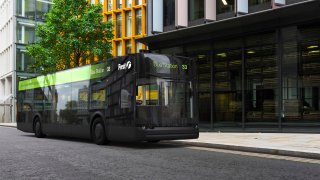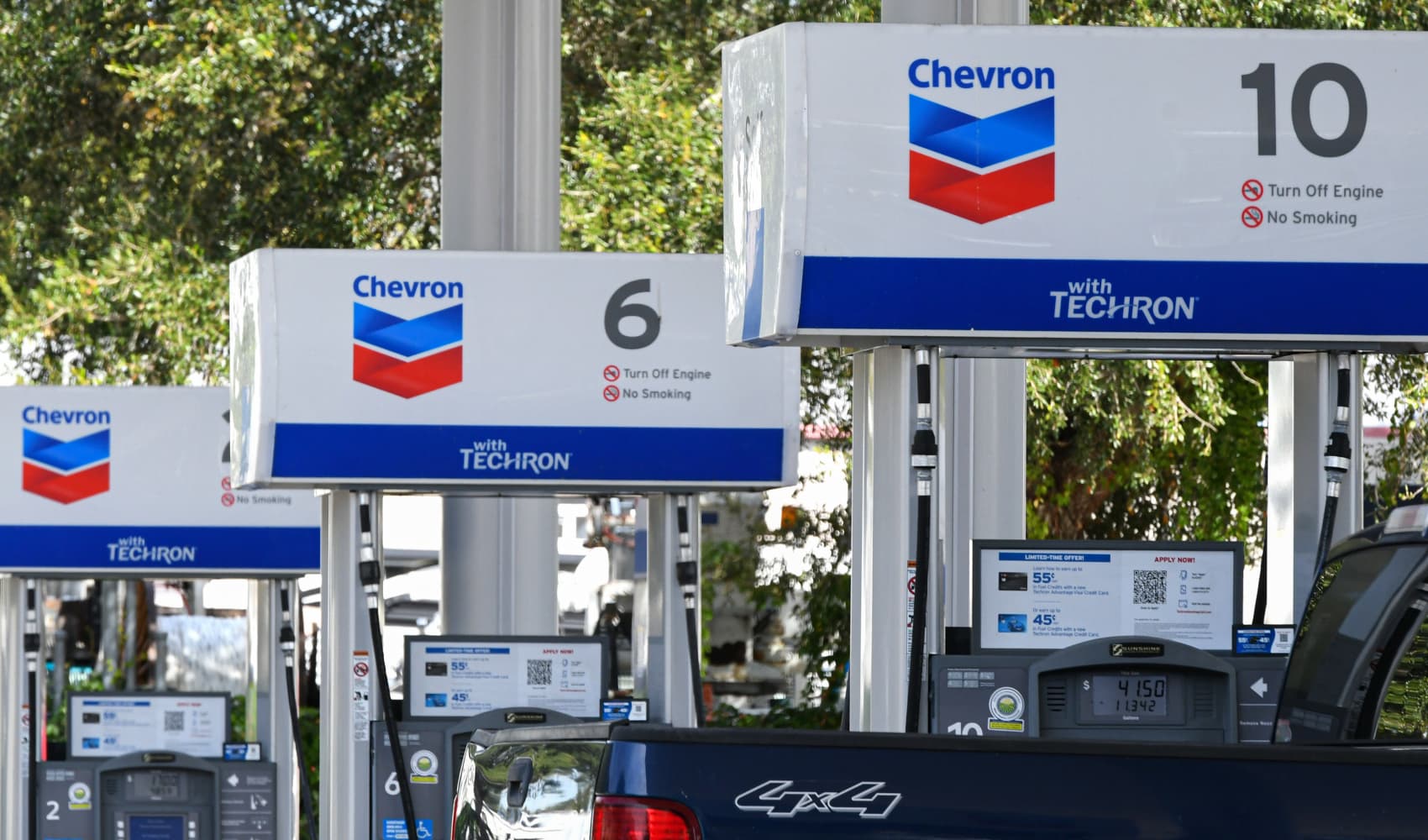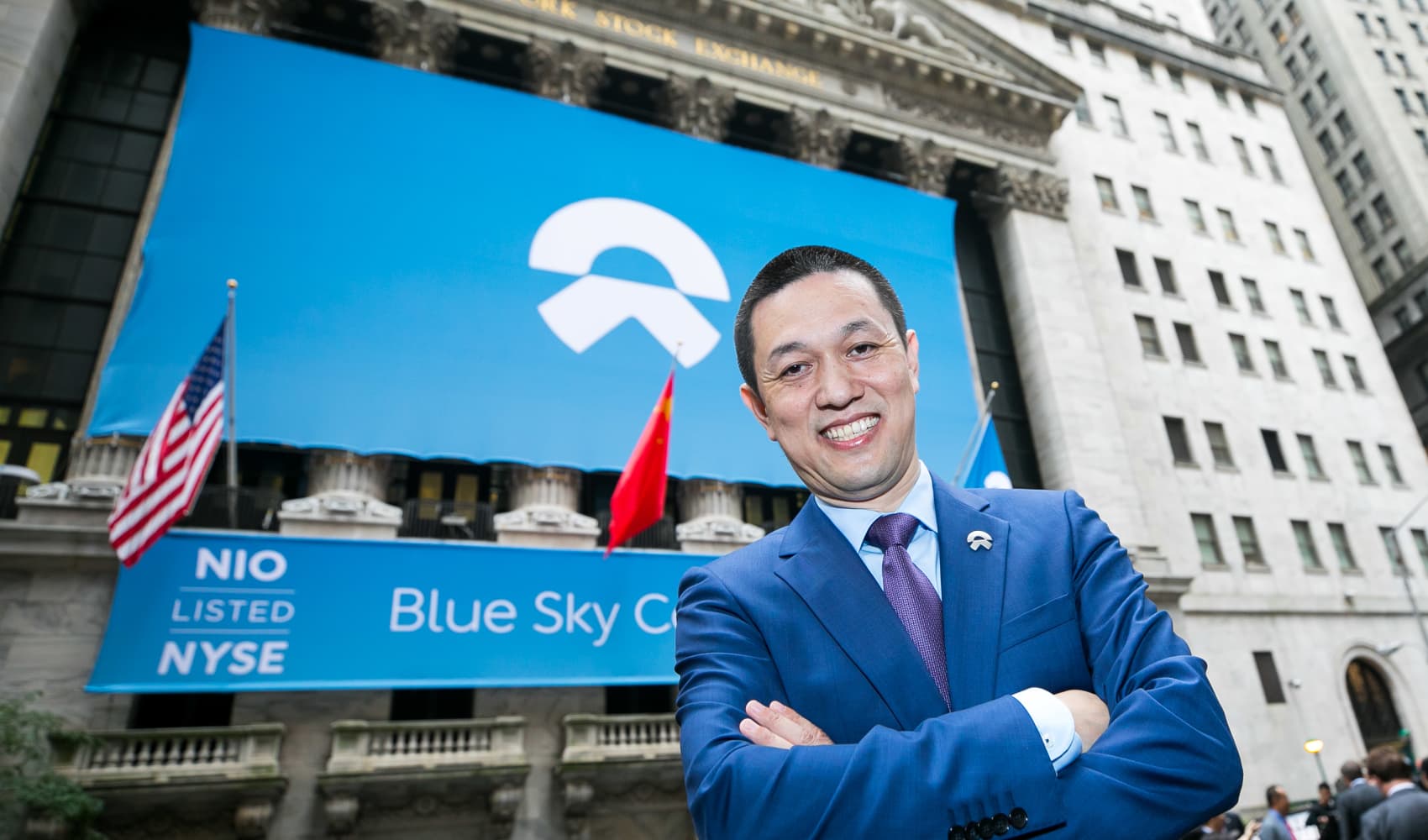
- First Bus has said it will stop buying diesel buses after 2022 and run a zero-emission fleet by the year 2035.
- Low and zero emission vehicles are starting to play an increasingly bigger role in urban mobility.
One of the U.K.'s biggest public transport operators is to trial the use of zero-emission buses from Arrival, a firm specializing in the production of commercial electric vehicles in so-called "microfactories."
In a statement Monday, First Bus, which is part of the larger FirstGroup, said the trial would begin in the fall and run on existing routes in the U.K. The vehicles will be single-deckers and have enough seats for 36 passengers.
The company's trial of buses produced by Arrival follows on from a previous pledge to stop buying diesel buses after 2022 and to run a zero-emission fleet by the year 2035. In January, First Bus launched a fleet of hydrogen-powered double decker buses in the Scottish city of Aberdeen.
Get Connecticut local news, weather forecasts and entertainment stories to your inbox. Sign up for NBC Connecticut newsletters.
Arrival was established in 2015 and has headquarters in the U.K. The business says it develops its software, materials and components in-house, producing vehicles in small-footprint microfactories that can be rolled-out quickly on existing commercial sites and adapt to demand as and when needed.
Last November, the business said it would go public through a merger with a U.S. blank-check company in a deal which gave it an enterprise value of $5.4 billion.
The U.S. Securities and Exchange Commission defines a blank check firm as a "development stage company that has no specific business plan or purpose or has indicated its business plan is to engage in a merger or acquisition with an unidentified company or companies, other entity, or person."
Money Report
Prior to its November announcement, Arrival had attracted investment from companies including UPS, Kia and Hyundai.
The business is currently working on two of its microfactories in South Carolina and Bicester, a town in the U.K.
The changing face of urban transport
The trial involving First Bus and Arrival is another sign of how low and zero emission vehicles are starting to play an increasingly bigger role in urban mobility as municipal authorities around the world attempt to tackle air pollution and reduce the number of diesel and gasoline cars on their streets.
In major capitals such as London and Paris, for example, bike sharing schemes offer people the chance to carry out short journeys on two wheels, while many cities are now encouraging residents to walk to their destination rather than drive.
And on Tuesday, the Volkswagen Group said it was expanding its electric car sharing service to the major port city of Hamburg, Germany, following a pilot in Berlin.
The app-based WeShare service will start later this week and use roughly 800 of VW's ID.3 electric cars.
—CNBC's Ryan Browne contributed to this report






